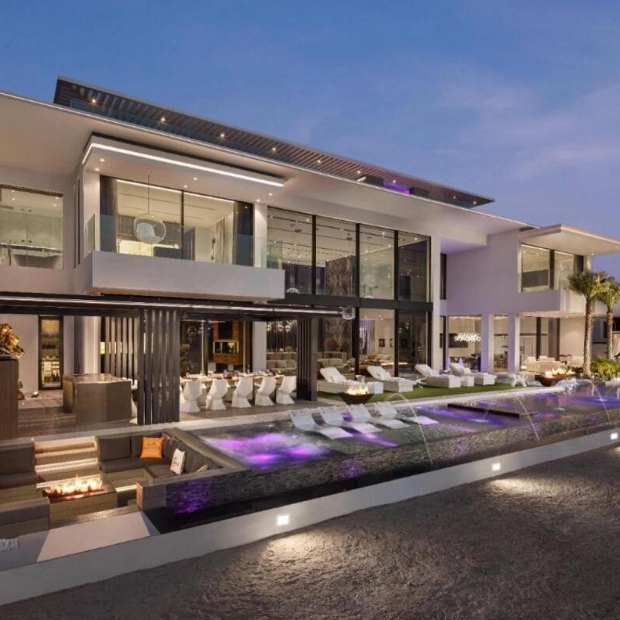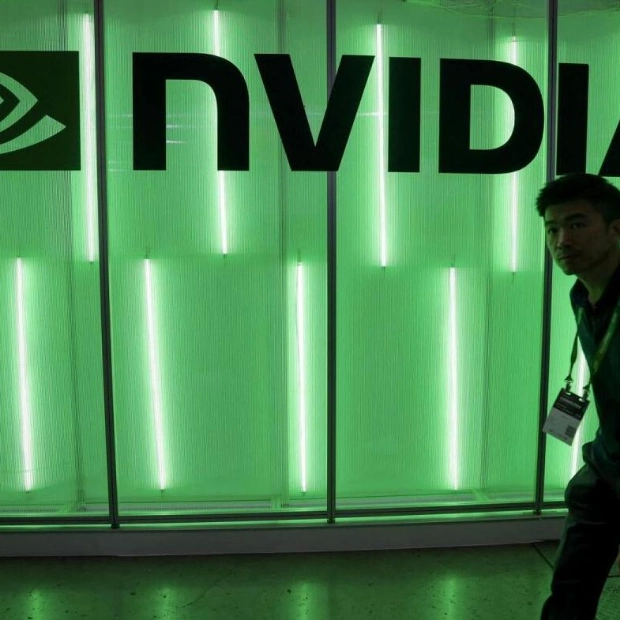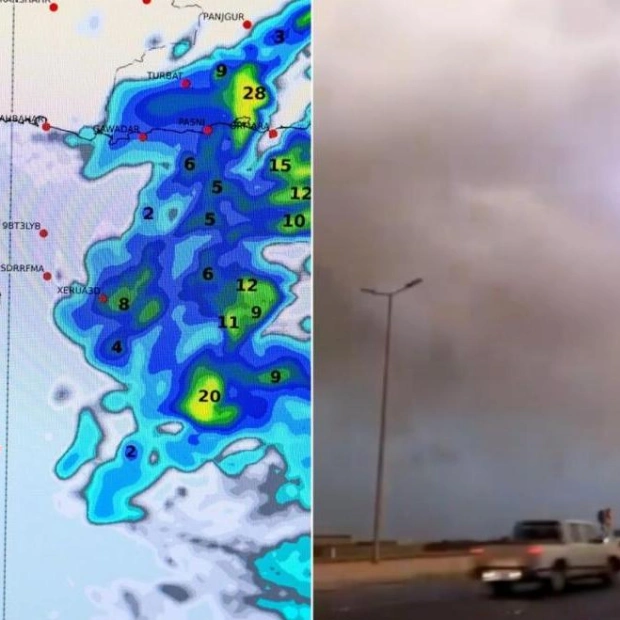In an era where online shopping carts serve as personal wish lists, a fascinating trend has taken shape: self-gifting. The charm of a sophisticated gadget, a cozy cashmere sweater, or exquisite artisanal chocolates is hard to resist. Thus, with a simple click, you become the giver and the receiver, enveloping your spirit in a touch of delight. What fuels the rise of self-gifting? It could be the residual stress from the pandemic prompting us to be gentler with ourselves. Or it might be the excitement of grabbing a bargain. Regardless of the cause, self-gifting is no longer a hidden indulgence; it's a symbol of self-love. This trend is also enriching the coffers of online retailers.
The UAE is experiencing a 15 percent rise in self-gifting, influenced by a growing emphasis on self-care and robust economic growth. Forecasts indicate that the UAE's gifting market will expand at a compound annual growth rate (CAGR) of 14.7 percent until 2029, while the broader e-commerce sector is projected to grow annually by 8.63 percent, reaching a market value of $10.56 billion by the same year. Experts believe that self-gifting can be a form of self-care in our increasingly hectic and fast-paced lives. Individuals treat themselves to celebrate their hard work, accomplishments, or just to lift their spirits. Simultaneously, purchasing gifts for oneself can signify independence, self-reliance, and financial security, as these choices are entirely based on personal preferences and desires.
Flowwow, a marketplace for local brands across over 30 countries, noted a 15 percent year-on-year increase in self-gifting among UAE consumers in the first half of 2024. Notably, 44 percent of self-gifters cited 'mental health', 'well-being', and 'independence' as their primary motivations. The most favored categories for self-gifting included custom bouquets, balloons, and flower boxes, while handmade chocolates and bento cakes were less popular. The e-commerce landscape in the UAE is thriving, with online orders increasing by 6 percent in the first half of 2024, and the gross merchandise value (GMV) rising by 12 percent compared to the previous year. The average transaction value also increased from Dh344 to Dh433.
Flowwow collaborated with Admitad to release findings from their latest e-commerce market research for the Middle East and North Africa (Mena) region in the first half of 2024. Saudi Arabia, the UAE, and Algeria were the top three countries by order volume, with Morocco closely following. Saudi Arabia saw the highest order growth of over 20 percent, and sales volume surged by more than 25 percent. Morocco also showed significant GMV growth of 23 percent. Seasonal trends indicate a peak during February, March, and April, coinciding with Valentine’s Day, Ramadan, and Eid Al Fitr, while summer months typically see steadier sales.
March, marking the beginning of Ramadan, was a peak time, though there was a slight 25 percent decline from February. Despite overall growth, the average transaction value in March dropped by 25 percent compared to the previous year, likely due to discounts and special promotions. An analysis of average gift spending in the UAE for the first half of 2024 showed significant fluctuations, with peaks and troughs throughout the period. Flowwow CEO and co-founder Slava Bogdan commented on the flourishing e-commerce landscape in the UAE and the broader Mena region, attributing it to the rise of mobile commerce, technological advancements, and a growing demand for convenience and same-day delivery.
Mobile shopping continued to rise, with smartphone purchases increasing from 36 percent to 39 percent in the first half of 2024. KSA led with mobile orders exceeding 60 percent, followed by the UAE at over 50 percent. Turkey had the lowest mobile order share, under 20 percent. In terms of product categories, electronics, fashion, home goods, and automotive and motorcycle products were the most popular in the Mena region during the first half of 2024. The 'Tools' category saw the highest order growth, followed by 'Toys and Hobbies' and 'Automotive and Motorcycle Products'. The e-commerce sector in the Middle East is projected to reach $50 billion by 2025, driven by a young, tech-savvy population and rising disposable incomes.
EZDubai reported that the e-commerce market in the UAE reached Dh27.5 billion in 2023, with forecasts to surpass Dh48.8 billion by 2028. As the UAE and the wider Mena region continue to witness robust e-commerce growth, fueled by technological advancements and a youthful, digitally savvy population, the importance of these trends is undeniable. This expansion highlights a promising future for both consumers and businesses, with self-gifting emerging as a key indicator of evolving market preferences.






